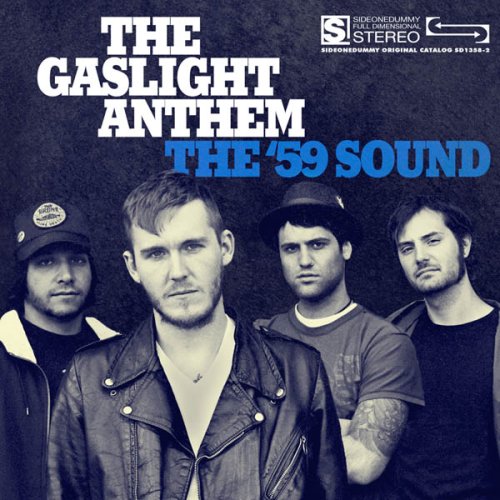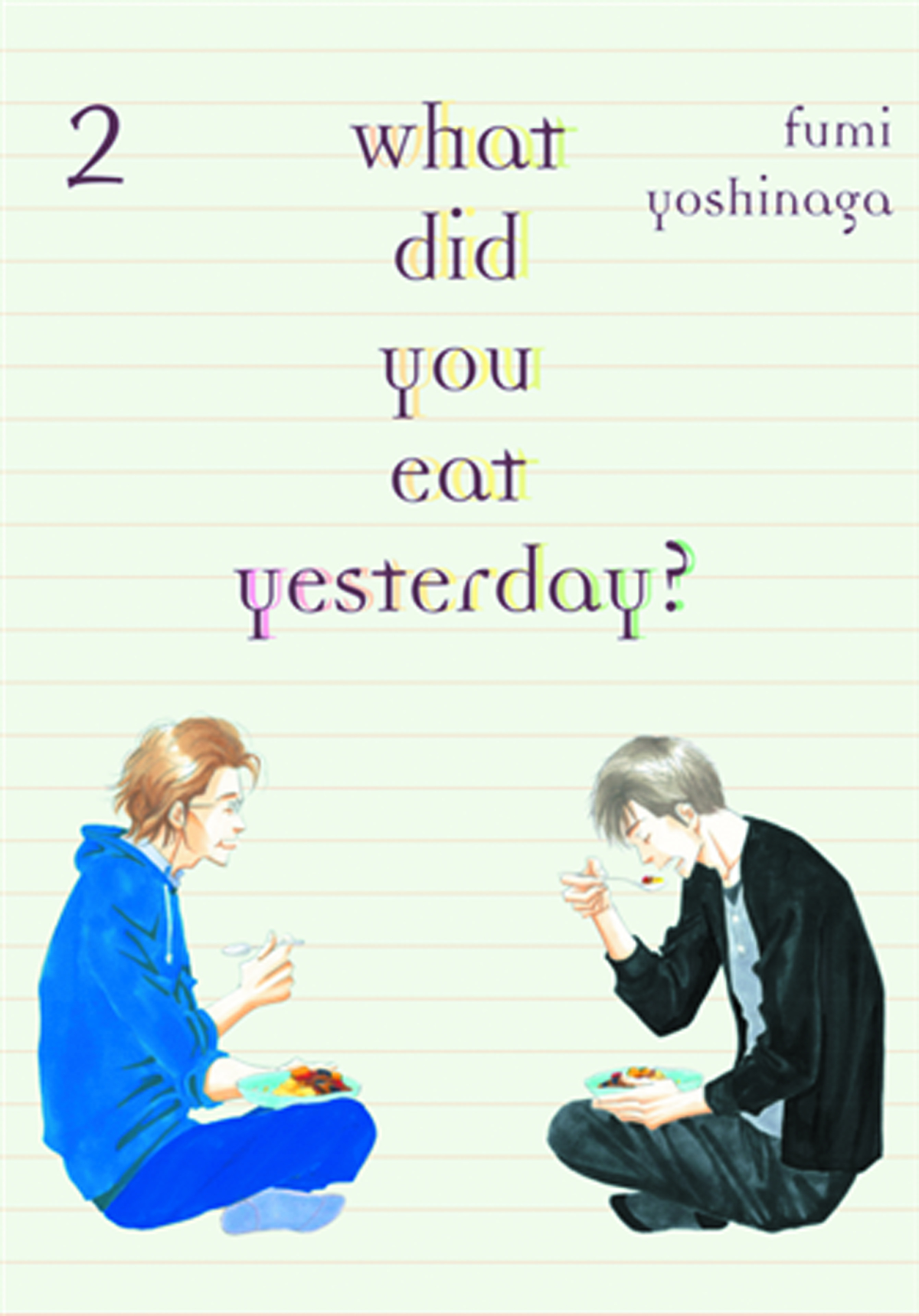I have two things in my head, Phonogram and Trap Them. I am lost and confused and more or less alone. I go out to Thought Bubble in November 2010 to see the Phonogram team, and some Borges style magic happens. I return to England in April or May 2011, to see them again at a London comic book convention called Kapow, but to do so, I must miss Trap Them when they come through Rome.
While in London, I have the new Trap Them record Darker Handcraft, and it keeps me settled and together while I navigate the hamster habitat of the Tube. My review of Darker Handcraft ends up being one of the reviews I'm proudest of ever. I got a gift of 10 pounds from Kieron Gillen in November, and felt obligated to pay him back, which was largely the reason I attended Kapow. When I wasn't with friends in London, I had Darker Handcraft and not much else. I found bookstores and waited.
I have to talk about both Blissfucker and The Wicked & The Divine at the same time before I will ever figure out what I think of either of them individually.
The time period is now mid-2014. I live in the United States, but not nearly enough.
I believed Blissfucker and The Wicked & The Divine came out the same week and wrote this hurriedly. A quick Google search tells me Blissfucker came out the week before, meaning I held off on Trap Them for Kieron Gillen and Jamie McKelvie again. Blissfucker is more sludgy than Darker Handcraft, but turbocharged by Ryan McKenney's crusty/d-beat yawp. You will not mistake any part of Blissfucker for drone. The Wicked & The Divine is a more refined (and vulgar) version of that team's recent works.*
In The Wicked & The Divine, heads explode in a pop art fashion, in what I believe highlights the intrusion of visible, but not fully graspable magic into the story's real world. Producer Kurt Ballou understands Blissfucker is a guitar record and lavishes attention on Brian Izzi's instrument. Matthew Wilson's colors on The Wicked & The Divine are flawless. When called upon, they're not merely bright but vivid. I find The Wicked & The Divine's first issue cliffhanger to be underwhelming. A judge (less a character than a object against which Lucifer [nee Luci] can monologue) dies and it appears Lucifer did it. Lucifer claims innocence.
Blissfucker slows down and it works. Darker Handcraft was a record that went for the open, unguarded throat in the first quarter second of the first song. That sets a precedent that Blissfucker does not maintain. The first track, Salted Crypts, introduces itself with a dirge that is all menace. The Wicked & The Divine opens with a full page splash of a hand on a skull. The comic manages to go through a couple different fonts, each feeling correct and precisely placed, so I'm assuming that means letterer Clayton Cowles did his job well.
I didn't know what I was expecting with The Wicked & The Divine, but I ordered it sight unseen. Since then, I read too many interviews so I knew what was coming and that lessened the blow. By comparison, I'd heard three, maybe four songs from Blissfucker and I love it, especially the sludgy parts that aren't what the public thinks of when they think about Trap Them. Trap Them's discography is broader than most people realize (Dead Fathers Wading In The Bodygrounds prefigures the 7+ minute Savage Climbers, Bad Nones could be described as a palate cleanser made a full song, see Sordid Earnings) so Blissfucker doesn't entirely wreck the line of best fit. In short, they're still a Swedish thrash band before they are anything else.
Mouthy dandies with superpowers? Check.
Who happen to be gods? Check.
Meta-commentary on creators and fans? Check.
It's probably about myth**, the importance of producing the largest volume of /your/ work before you die and a few really good costumes? Check, check and check.
Blissfucker is a new taste or at least a different taste from a group known for something else. The Wicked & The Divine is a superior edition of a taste I was expecting. A different review would say that it synthesizes the lessons from Kieron Gillen's more hype Marvel bibliography. But what I really mean is it's an easy jump from Young Avengers into The Wicked & The Divine.
At bottom: I didn't know what to expect with Blissfucker and I liked it. I knew what to expect from The Wicked & The Divine and I criticized it. They're both constructed meticulously. I'd recommend either to casual (and hardcore) fans of the metal genre or the medium of comics. For my part? I'll need to stop reading so many interviews.
One of the conceits of The Wicked & The Divine is that it is about gods that live for two years and then die, to be reincarnated every ninety or so. I'm of the opinion a character called Lucifer has a nefarious plan, so, I'm waiting for that other shoe to drop. While not on Blissfucker, Dead Fathers Wading In The Bodygrounds has a line that while it doesn't fit perfectly, fits just nicely enough: "We are the old graves, digging the new." For those people who actually want to listen to Savage Climbers (find it above) and then Dead Fathers... (find it below,) enjoy.
*And yes, I know the next problem is that Blissfucker arrives as a complete package whereas The Wicked & The Divine is one issue of something much, much larger. I'm aware.
**There is a thing here that I am asked to keep quiet about, but I think a friend of mine has the team figured out on a major thing in the comic. I'll copy paste it in when this friend gives the all clear.
*** Before we get to "there's more to music than things with guitars," pretend it reads "here's Fruity Loops and a YouTube tutorial, now write some songs."














